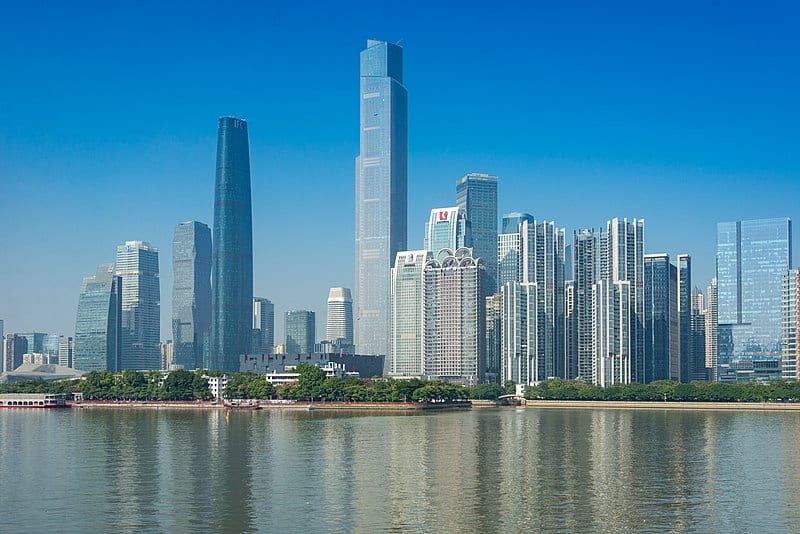The Chinese government has continued its release of tax and fee reduction policies since the start of 2023, with the goal of alleviating the difficulties experienced by enterprises adversely affected by the Covid pandemic and injecting further impetus into the economy.
The Ministry of Finance (MOF) and the State Administration of Taxation (SAT) kicked off 2023’s tax reduction and fee reduction policies with the launch of two new directives in January. On January 3, MOF and SAT jointly issued the “Announcement Concerning Applicable Policies for Value-Added Taxes on Civil Aircraft” (关于民用飞机增值税适用政策的公告), clarifying preferential policies for value-added taxes in relation to civil aircraft.
Shortly afterwards the two authorities jointly issued the “Announcement on Clarifying Policies for VAT Reductions and Exemptions for Small-scale Value-Added Taxpayers” (关于明确增值税小规模纳税人减免增值税等政策的公告) on January 9.
This announcement outlined a series of other VAT exemption and reduction policies, including the stipulation that during the period from January 1 to December 31, 2023, small-scale value-added taxpayers with monthly sales of less than 100,000 yuan would be exempt from value-added taxes.
Since then, MOF, SAT and the General Administration of Customs (GAC) have jointly issued the “Announcement on Tax Policies for Cross-Border E-Commerce Export and Return Commodities” (关于跨境电子商务出口退运商品税收政策的公告) with the goal of reducing the cost of export returns for cross-border e-commerce enterprises and “actively supporting the development of new forms of foreign trade.”
Local governments have also unveiled a slew of targeted tax and fee reduction policies that focus specifically on micro-and-small enterprises, individual proprietorships and beleaguered sectors of regional economies.
Province-level authorities including Jiangsu, Shanghai and Guangdong have stipulated that during the period from January 1, 2023 to December 31, 2024 small-scale taxpayers, small low-profit enterprises and individual industrial and commercial registrants will enjoy reductions and exemptions on resource taxes, urban maintenance and development taxes, real estate taxes and urban land usage taxes based on a maximum rate of 50%.
The Jiangsu province government has also stipulated that taxpayers in the accommodation and catering, sports and entertainment, transportation, tourism, retail, and warehousing industries as well as small-scale value-added tax taxpayers will be temporarily exempt from property tax and urban land use tax during the first half of 2023.
“The state has successively launched policies to reduce value-added tax rates for small-scale taxpayers, and preferential policies for import and export tariffs, with the goal of promoting industrial transformation and upgrades inconsumption,” said Zhang Yiqun, (张依群), deputy director of the China Fiscal Budget Performance Committee, to Shanghai Securities News.
“Against the current backdrop of China’s economic stabilization becoming more and more pronounced and economic activit gradually increasing, this will play a decisive role in strengthening investment, expanding consumption, stabilizing people’s livelihoods, and promoting employment.”


